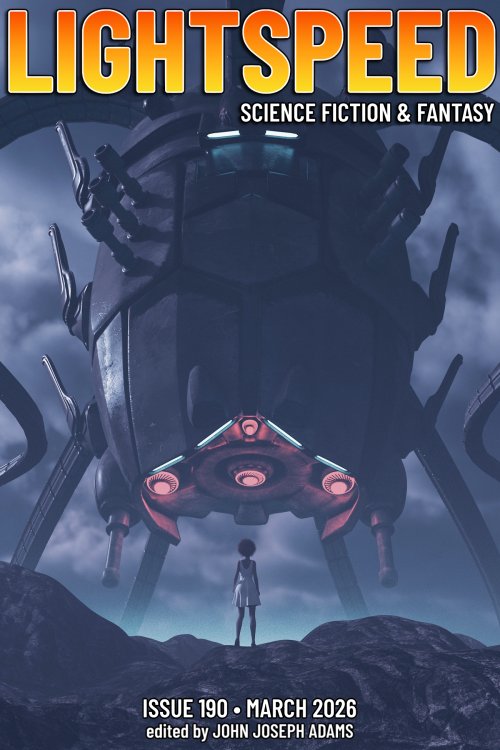Author Spotlight
Author Spotlight: Karen Joy Fowler
I’m drawn to characters with imperfect knowledge of events, because they seem real to me. This is the human condition. We all have to operate daily without the data needed and all of our lives are severely impacted by events we don’t witness and are powerless to affect. By the ends of my stories, the reader knows at least as much as my narrator knows and sometimes more; if I know more than the narrator, then I mean for the reader to know that, too. Whatever questions remain in the story are questions for which I don’t have the answers.









